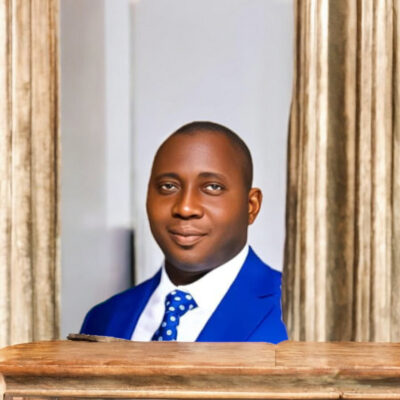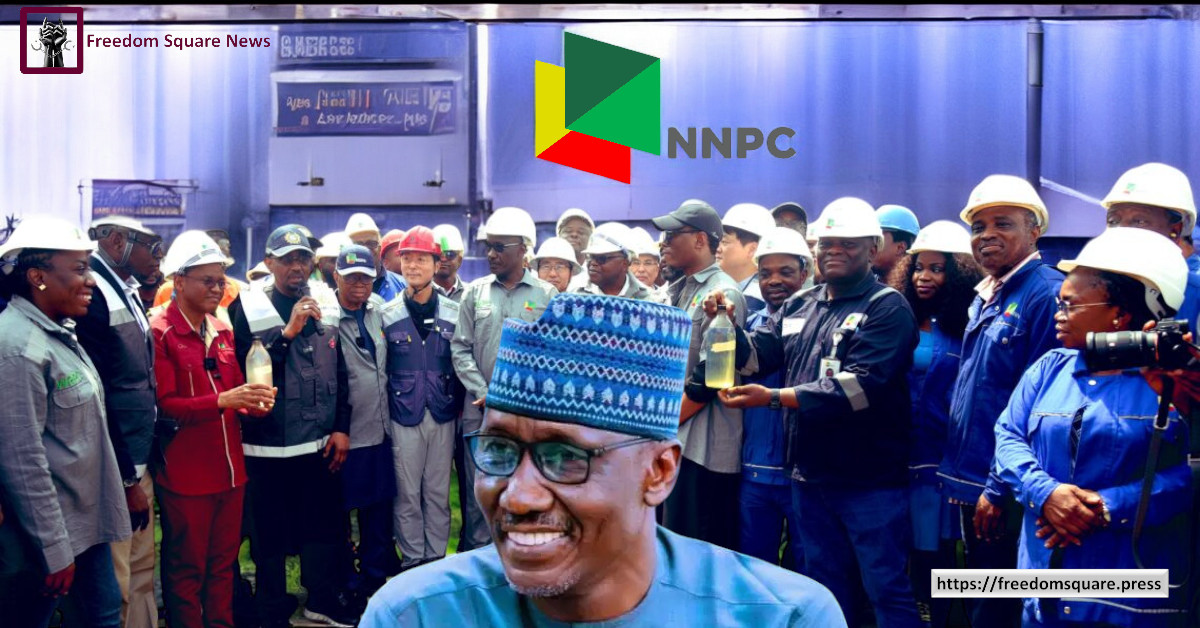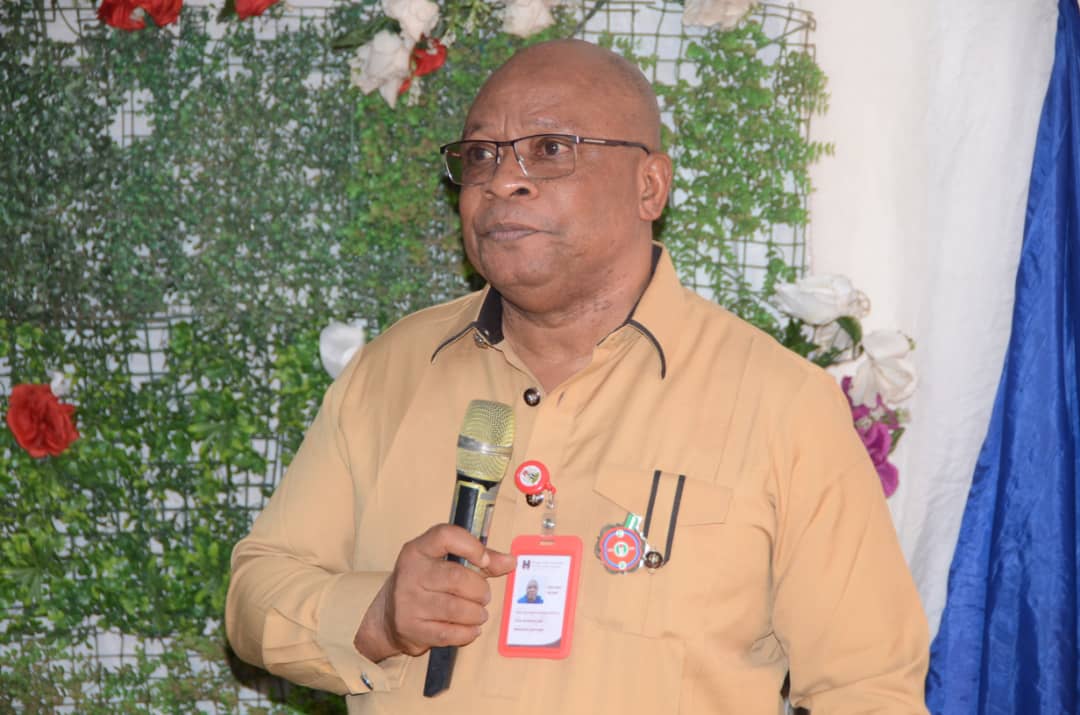In a day that witnessed both confirmations and uproar, the Nigerian Senate navigated through a challenging session as it screened and confirmed ministerial nominees.
Notably, the confirmation process hit a roadblock for some prominent figures, and the session took an unexpected turn when the confirmation of three nominees, including Malam Nasir El-Rufai, Stella Okotete, and Senator Abubakar Danladi, was withheld due to security screening concerns.
The Senate’s proceedings were marked by a mixture of approvals and deferrals, highlighting the intricate nature of vetting potential members of President Bola Tinubu’s proposed cabinet.
Amid the confirmation of 45 other nominees, the Senate put a temporary hold on El-Rufai, Okotete, and Danladi’s appointments, pending a thorough security screening.
Malam Nasir El-Rufai, the former governor of Kaduna State, faced scrutiny along with Stella Okotete, the Executive Director of Business Development at the Nigerian Export-Import Bank, and Senator Abubakar Danladi, who served as both deputy governor and governor of Taraba State. The Senate President, Godswill Akpabio, emphasized the importance of security vetting before confirming their appointments.
While these key figures encountered obstacles, numerous other nominees secured their positions as ministers, as the Senate raced through the rigorous screening process. The upper chamber devoted six legislative days to reviewing the qualifications and backgrounds of the nominees, showcasing the gravity of their responsibilities.
The atmosphere took a dramatic turn during the screening of Delta State’s nominee, Mr. Festus Keyamo (SAN), whose past actions stirred controversy and triggered a heated session. Keyamo, a former Minister of State for Employment, Labour, and Productivity, faced accusations of making disparaging comments about the ninth Senate and displaying a negative attitude towards the National Assembly.
Keyamo’s appearance before the Senate rostrum was a combination of credentials and challenges, where he highlighted his legal career’s dedication to democracy, the rule of law, and human rights. However, the Deputy Minority Leader, Senator Darlington Nwokocha, drew attention to Keyamo’s contentious interactions with lawmakers over the public works programme in 2020.
Nwokocha recalled the public clash between Keyamo and the lawmakers, raising questions about the utilization of N52 billion allocated for the programme. The senator expressed concerns about the way Keyamo handled the matter, including accusations of blackmail and attempts to evade accountability.
The Senate’s response to Keyamo’s screening resulted in a division of opinions, leading to a tense shouting match within the chamber. To address the controversy, the Senate Leader, Opeyemi Bamidele, proposed an extension of time and a closed-door executive session to deliberate on the matter. The session concluded after approximately three hours, with Keyamo apologizing to the lawmakers for his past actions.
The atmosphere shifted as Senator Godiya Akwashiki, Chairman of the Senate Committee on Labour and Productivity in the 9th Senate, appealed to his colleagues to forgive Keyamo and allow him to take his leave. Ultimately, the senators unanimously agreed to permit Keyamo to proceed.
As the Senate continues its arduous task of screening ministerial nominees, the eventful session exemplifies the intricate process of evaluating individuals who may play pivotal roles in Nigeria’s governance. Amidst confirmations and controversy, the nation witnesses the inner workings of its legislative machinery as it strives to select a capable and accountable cabinet.




